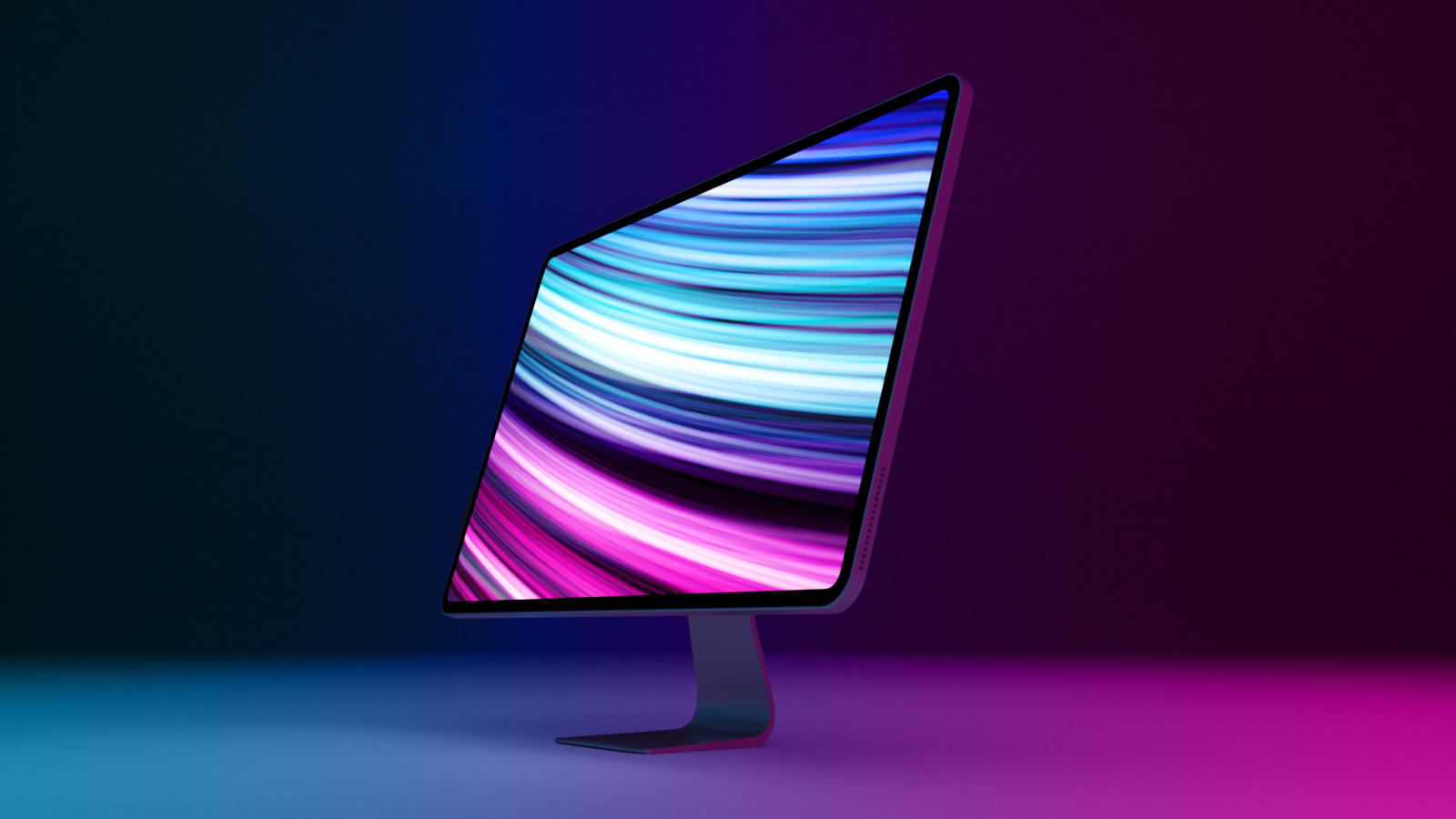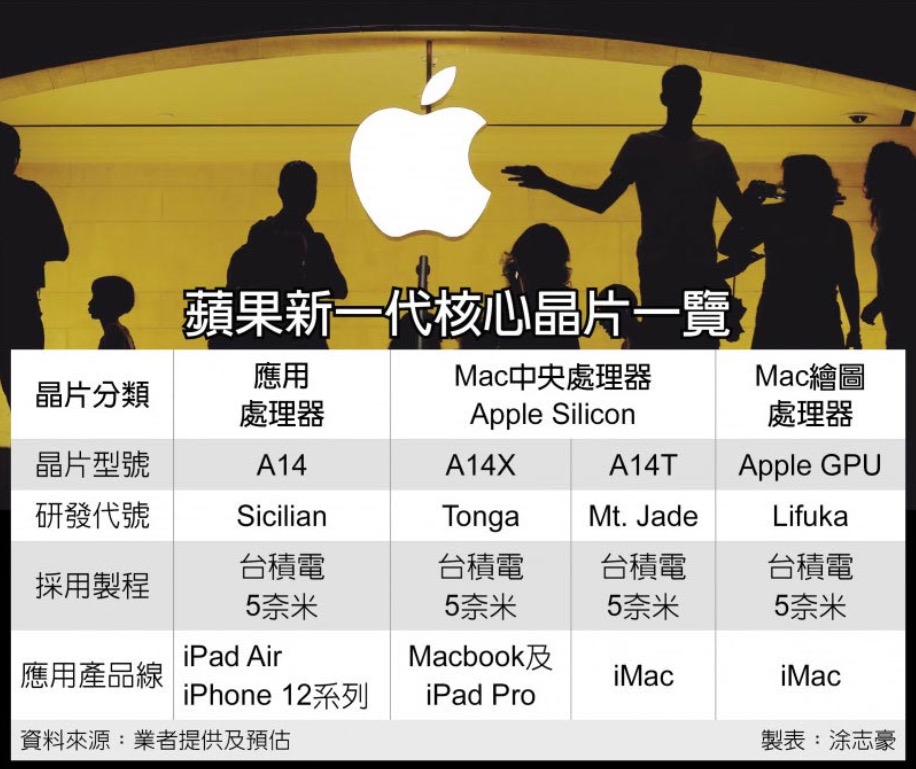![]()
The first iMac powered by Apple Silicon is set to arrive in the first half of next year and will feature a desktop class "A14T" chip, according to Chinese-language newspaper
The China Times.
Codenamed "Mt. Jade," Apple's first custom-made desktop processor will be twinned with its first self-developed GPU, codenamed "Lifuka," both of which are being produced using TSMC's 5-nanometer process, claims the report.
Today's story is based on the development timeline of Apple's new A14 processors, which recently debuted in the iPhone 12 series and the new fourth-generation iPad Air, and builds on a similar report that arrived in September from the same source. It also brings forward the
previously claimed launch roadmap of the first Apple Silicon iMac, and reiterates
previous claims that Apple's first Arm-based Mac will be a MacBook powered by an A14X processor, codenamed "Tonga," which is already in mass production and will launch by the end of 2020. That MacBook is said to revive the 12-inch form factor in a new super-lightweight design.
Apple
announced at its WWDC developer conference in June that its Macs will transition from Intel x86-based CPUs to its self-designed Arm-based Apple Silicon processors over the next two years.
Bloomberg has said that Apple is
currently developing at least three Mac processors that are based on the 5-nanometer A14 chip.
Apple analyst Ming-Chi Kuo has predicted that the first Mac models to adopt Arm-based chips will be a
13.3-inch MacBook Pro and a
24-inch iMac with a redesigned form factor, with Apple planning to launch the new models in the fourth quarter of 2020 or early in 2021 at the earliest. Prior to the launch of its Arm-based iMac, Apple is expected to refresh the existing Intel iMac.
Today's report also claims that Apple has already started working on an A15 series chip using TSMC's 5nm enhanced (N5P) process. The A15 will feature in next year's "iPhone 13," and like the A14 series, modified versions identified as A15X and A15T will provide the foundation for the second generation of Apple Silicon MacBooks and iMacs, with chip production beginning in the third quarter of 2021.
Apple has said it will debut the first Arm-based Mac by the end of the year, and a November event is rumored to take place on
November 17.
Article Link:
Report: Apple Silicon iMac Featuring Desktop Class 'A14T' Chip Coming First Half of 2021




